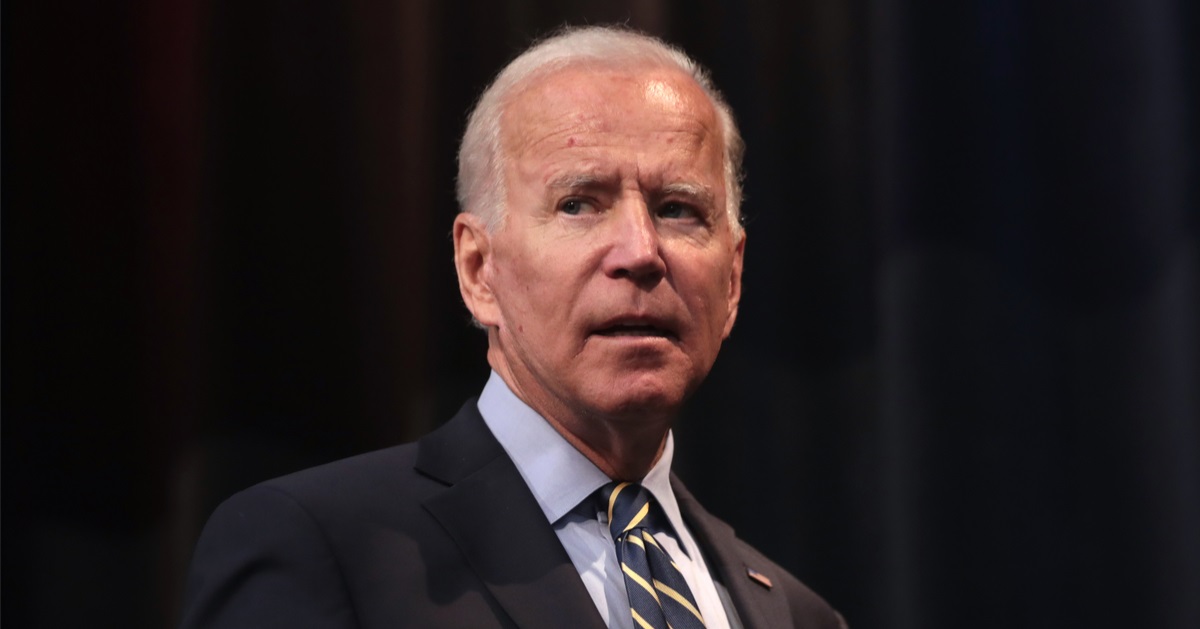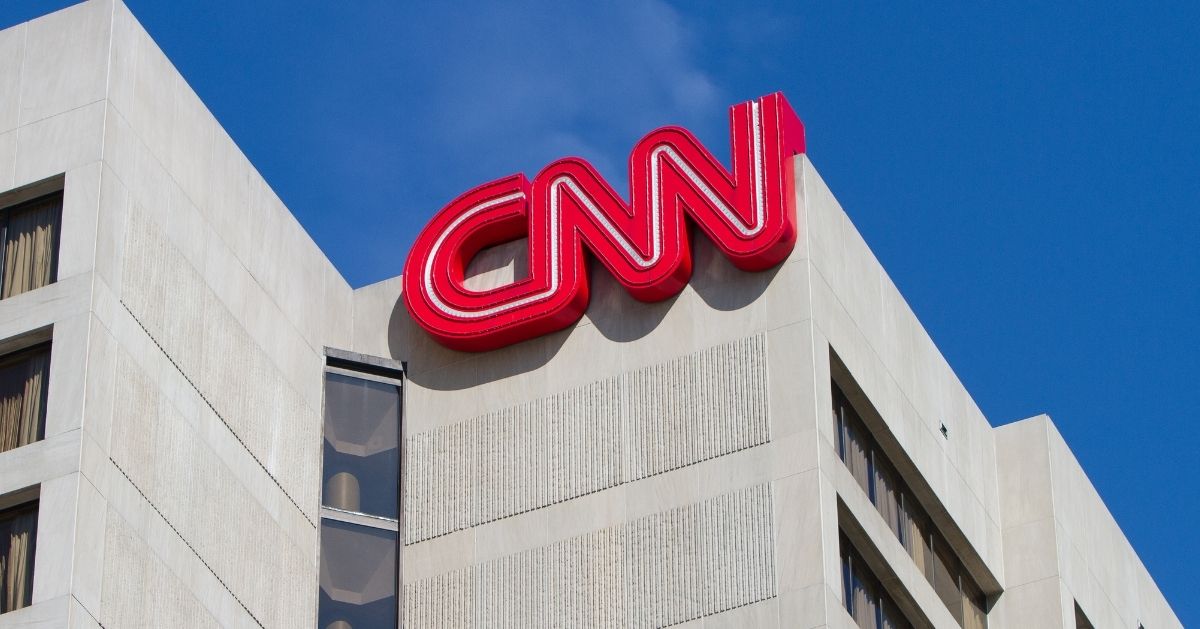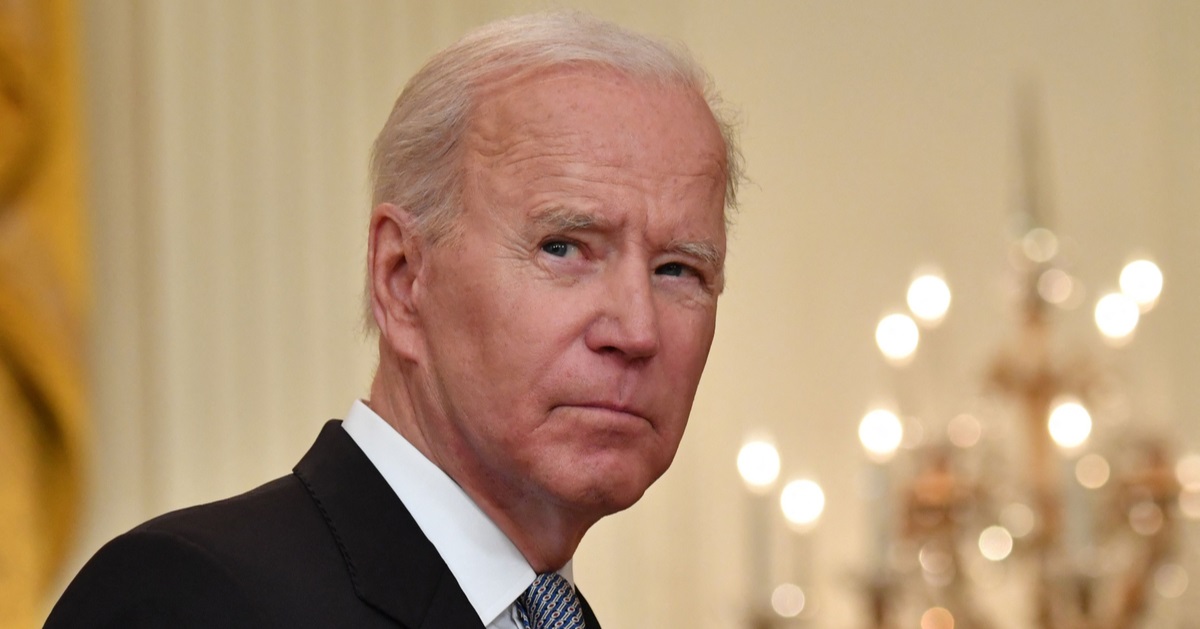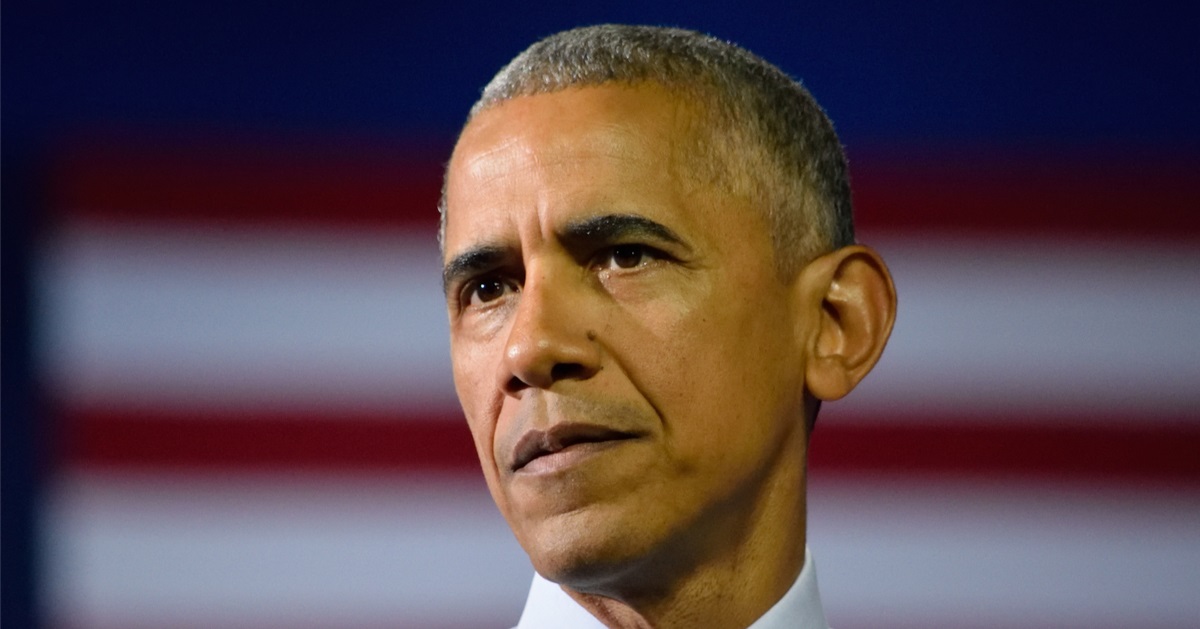DANIEL VAUGHAN: The Senate Must Pass The TikTok Ban Bill
For all the grief we give Congress, and for good reason, most days, there are times when it's on the verge of something good. The Protecting Americans from Foreign Adversary Controlled Applications Act, aka the House TikTok Ban, is one of those good things. And it's so well done that the bill's detractors don't have a leg to stand on. The Senate should pass it, and the President should sign it.
One of the biggest problems with most Congressional legislation these days is the size. The amount of paper generated to state everything in these bills can be stories tall. The House TikTok Ban isn't one of those. It's short, and you can read it yourself right here.
The bill is remarkably simple. It identifies the application TikTok and its ownership as the primary target. The definition is slightly broader than that to include future possible versions of TikTok or anything like it. If you targeted a piece of legislation directly at TikTok, a new company could take its place.
This bill avoids that by defining both the functionality of these apps and who controls them. I've seen some people claim the list of countries is vague, but that's not true at all. It's defined separately in the US Code as North Korea, China, Russia, and Iran. These are the "covered countries" the legislation refers to.
Let's say an app similar to TikTok arises from a different country. The President can claim that this poses a "significant threat" to national security. Let's say it's the United Kingdom. If the President claimed the UK was pushing national security threats into our country, he'd have to notify Congress and issue a public report that lays out the case. Further, he'd have to explain how a divestiture is needed.
The President could not unilaterally do anything, as the bill's detractors say. There is no power to do that. Congress retains oversight of how this legislation is applied beyond the list of countries presented.
Senator Rand Paul and others' "free speech" claims are an incoherent argument. Speech isn't implicated at all. The bill doesn't target China for spreading propaganda or any users for posting any of their content. It specifically targets TikTok's use of data and the control of that data by countries deemed foreign adversaries by the United States.
Even more bizarre, Rand Paul claims we should look more kindly on TikTok because of its "substantial investments in data security." What investments? TikTok's code has long been traced back to China. Nothing in its use of data is safe.
Rumors that Joe Biden would use this to target Elon Musk or X/Twitter are nonsensical. Elon Musk owns that company. He's not controlled by a foreign government listed in the federal code.
Indeed, if you listen to detractors of the House TikTok Ban bill, it's unclear whether they've even read it. The list of far-left progressives in Congress who oppose this, like Alexandra Ocasio-Cortez, and the far-right, like Majorie Taylor Greene, is all in the same vein. They spend all their time on cable television and social media. Every other serious-minded person supports it across the aisle.
Even worse, some people now claim to oppose the legislation but only did so once their campaigns started getting significant monetary support from Jeff Yass, the billionaire lobbying on behalf of TikTok. There's a reason the bill has widespread bipartisan support, and you can track the detractors by the money they're receiving.
The legislation is simple, targeted, and passes constitutional muster. Further, it directly addresses a significant problem: the Chinese Communist Party's unchecked influence on American society through an app it can use to spy on Americans, the US government, and more.
The final canard floated by the bill's detractors is that Facebook, Instagram, and others are "just as bad." This seems to have a weird moral equivalence. They're either trying to compare American companies with a bloodthirsty regime bent on destroying the United States, or they want legislation that targets all social media.
On the first one, if you can't spot the difference between American companies and the Chinese Communist Party, you have larger problems than just this bill. Seek help.
Second, a bill targeting all social media companies will likely step into unconstitutional territory. There are valid reasons to start trying to control some of the issues social media has brought to the world, particularly its impact on teens. But saying we can't target TikTok, which has unique national security concerns, because other problems exist is a bizarre commentary.
We can come back to this problem and address US companies later on. China presents a direct threat. They claim they want Taiwan back and are willing to go to war over it. Allowing them free rein in US society with a spy app without a check is an illogical response.
The Senate should pass this bill, and then Biden must sign it. Congress has finally done something right, and we need to make it into law immediately. Don't give the CCP one more day of unchecked access to US society.






